
Pittsburgh Penguins
53rd Season
First Game Played October 11, 1967
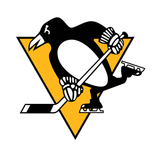

Historical Moments
More than 30 years after their first team known as the Pirates was forced to fold during The Great Depression the NHL return to Pittsburgh, as the Penguins are one of six new teams added to the league. Playing in the all-expansion Western Division the Penguins make their debut on October 11th at the Civic Arena, which is better known as the Igloo because of its unique shape losing to the Montreal Canadiens 2-1.
Two nights later the Penguins would get their first win when they beat the Blues 3-1 in St. Louis.
The Penguins would go on to finish in fifth place with a 27-34-13 record missing the playoffs by two points despite losing just one of their final seven games.
Penguins Best
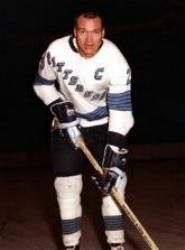
Ab McDonald
1967/68
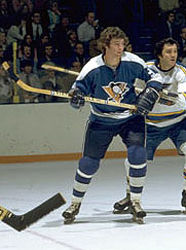
Al McDonough
1971-1974
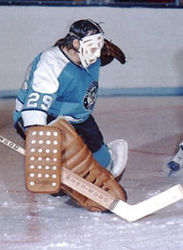
Al Smith
1969-1971
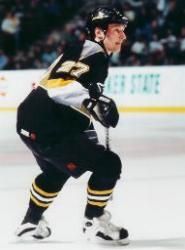
Alexei Kovalev
1998-2003, 2010/11
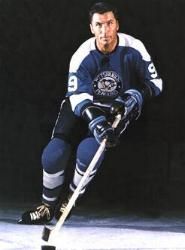
Andy Bathgate
1967/68, 1970/71
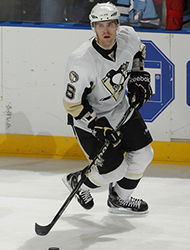
Ben Lovejoy
2008-2013, 2014-2016
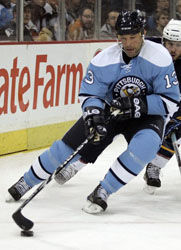
Bill Guerin
2008-2010
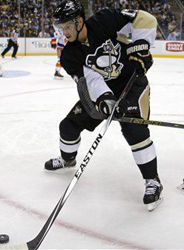
Blake Comeau
2012-2015
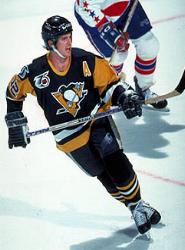
Bob Errey
1983-1993
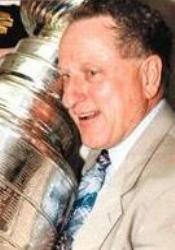
Bob Johnson
Coach 1990-1992
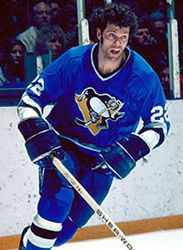
Bob Kelly
1973-1977
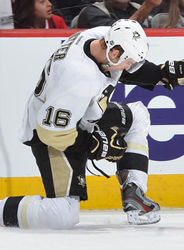
Brandon Sutter
2012-2015
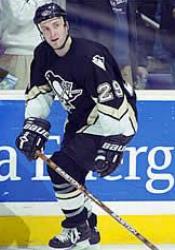
Brooks Orpik
2002-2014
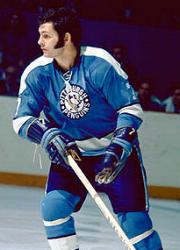
Bryan Hextall
1969-1974
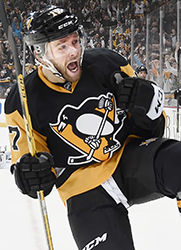
Bryan Rust
2014-Present
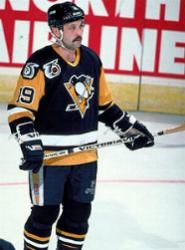
Bryan Trottier
1990-1992, 1993/94
Penguins Stadiums
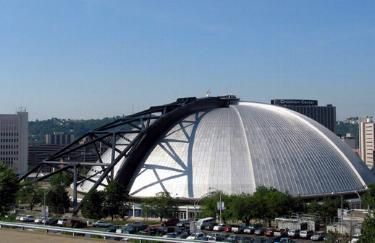
1967-2010
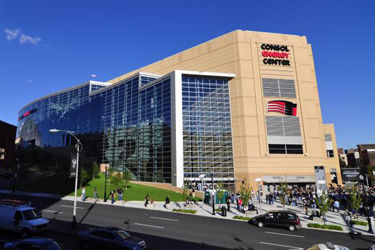
2010-Present
Championship Teams
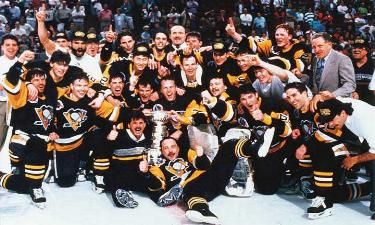
1990/91 Stanley Cup Champions
Pittsburgh Penguins
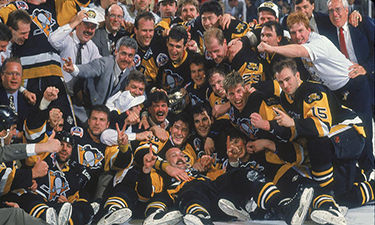
1991/92 Stanley Cup Champions
Pittsburgh Penguins
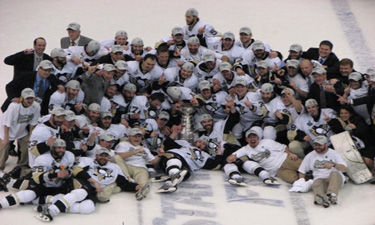
2008/09 Stanley Cup Champions
Pittsburgh Penguins
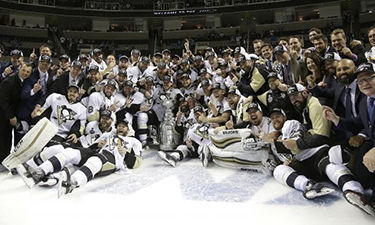
2015/16 Stanley Cup Champions
Pittsburgh Penguins
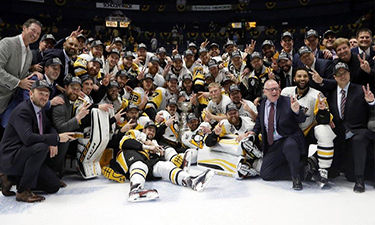
2016/17 Stanley Cup Champions
Pittsburgh Penguins